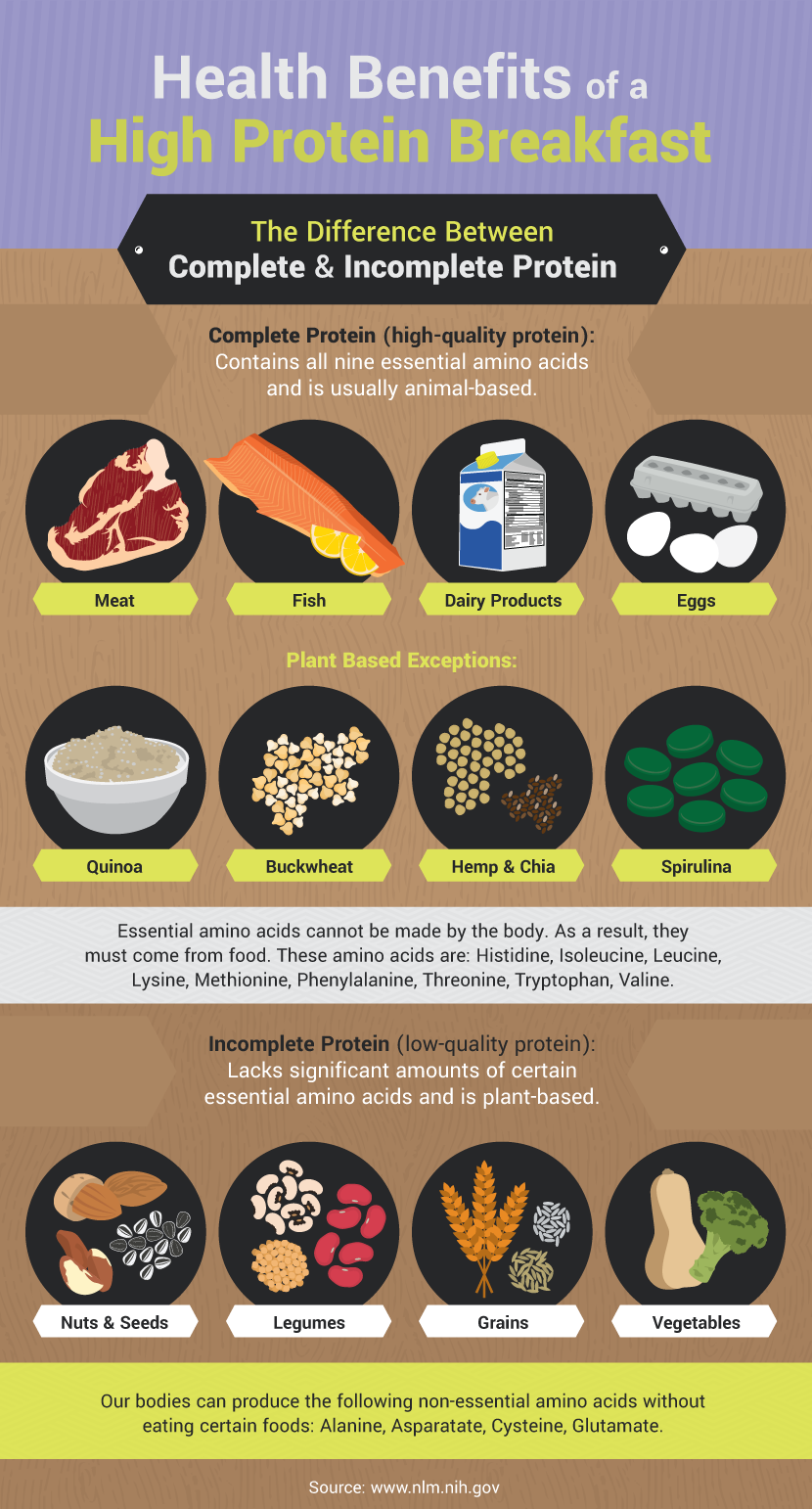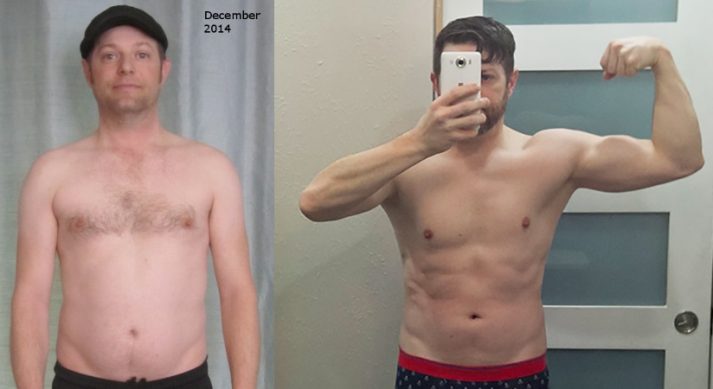
A healthy lifestyle and limiting your sugar intake are the best diabetes prevention tips. These small changes can make a big difference in your longevity and overall health. You can delay the onset of diabetes by losing weight even if your risk is low. By following these steps, you can significantly lower your risk of developing the disease. These steps will help you live longer. These changes are easy to implement. You can begin today by adopting these simple habits.
Preventing the disease requires a low-fat, high-fiber diet. Saturated fats can be avoided, but consuming more fiber can help you control your blood sugar. Healthy eating is about eating healthy foods rich in fruits and veggies, beans, nuts, and whole grain. Remember to get plenty of physical activity every day. Every week, try a new, fun activity!

A good way to lower your chances of developing diabetes is to get enough exercise. People find it difficult to exercise regularly so it's crucial to get started as soon possible. Start exercising only once per week if this is your first time. A walk for 20 minutes is a great option to lose weight or tone your body. Stop smoking. You don't have to feel embarrassed about smoking. It can increase your chances of developing diabetes.
If you don't want your soda to go, nuts are a good choice. They're high in protein and healthy fats and will help keep you full until dinnertime. They are high in monounsaturated fatty acids, which have been shown reduce your risk of developing type II diabetes. Nuts can be chewed to reduce the amount of refined carbohydrate found in junk food. Walnuts are a good snack option, as they keep your blood sugar stable and will not cause you to snack.
In addition to limiting sweets, it is important to reduce the number of carbs consumed. High-fiber foods are essential for maintaining blood sugar levels under control. A balanced diet should also include lots of vegetables. The more fruits and vegetables you eat, the more fiber they contain. Additionally, fiber is a key ingredient in preventing type 2. Regular exercise is the best way to prevent diabetes. Only 30 minutes of moderate exercise per day can prevent you from developing diabetes.

Avoid trans fats, saturated fats, and other trans fats. These fats are highly harmful to your health and should be avoided. Instead, you should eat unsaturated fats such as olive oil and fish. Tobacco and alcohol should be avoided. These can increase blood sugar and cause insulin resistance. Continue reading if you are looking for diabetes prevention strategies. Don't forget to share this information with others! It will make you happy.
FAQ
Which order is best for working out?
It depends on what you are looking for. If you want to build muscle mass, then do heavy weights first. Then, move on to cardio. If you are looking to lose weight, then move on to strength training.
Cardio can be done if you want to just lose fat. After that, you can add strength training.
If you are looking for muscle mass, cardio should be your last option. Cardio stimulates growth hormones and helps build muscle mass.
Eat before you go to the gym. This will give your muscles more fuel, so they work harder. It makes you feel better when you exercise.
What Is The Best Workout For Men Over 40?
The best exercise for older men is one that gives them more energy, and increases their stamina.
It is important to remember that most people over 40 experience a decline in testosterone, leading to lower sex drive.
However, this doesn't mean you cannot still enjoy physical activity. Studies have shown that some men can get more testosterone from regular aerobic exercise.
If you are looking to improve your sexual performance, an aerobics workout is the best option.
Do weightlifting burn fat faster?
Weight lifting will help you burn more fat, but it's best to combine it and cardio.
It is important to do weightlifting right after cardio exercise in order to reap the full benefits.
Weightlifting, when done properly, increases your heart rate.
But if you do not combine it with cardio, you will not see any significant changes in your body composition.
Is it true?
Protein helps to maintain healthy bones, tissue, and skin. Over-consuming protein can result in calcium being excreted through the kidneys. In turn, this can result in kidney stones.
It is important that you note that not all people develop kidney stones when they consume more than 2 grams of protein per kg (2.2 pounds). Some people can eat high amounts of protein without getting kidney stones.
Watching your sodium intake can help prevent kidney stones. Sodium is important for maintaining the body's water balance. A high level of sodium can increase the risk of developing kidney stone.
If you have kidney stones, you can reduce your intake of protein. For most people, protein provides half their daily caloric requirements. A reduction in protein intake will likely result in weight loss.
If you do decide to eat more protein, don't go overboard. Try to eat less than 20% protein in total calories.
Statistics
- According to the American Academy of Dermatology (AAD), men over 50 are at a heightened risk of developing it. (healthline.com)
- Get free shipping and 25% off today. (healthline.com)
- Cardmembers earn 5% Back at Amazon.com with a Prime Credit Card. (amazon.com)
- The PRS enabled risk stratification for overall prostate cancer and lethal disease with a four-fold difference between men in the highest and lowest quartiles (HR, 4.32; 95% confidence interval [CI], 3.16-5.89). (pubmed.ncbi.nlm.nih.gov)
- 10 pounds in a month is likely during a lean bulking phase, especially for beginners. (muscleandstrength.com)
External Links
How To
How can I exercise to burn fat?
Exercise reduces calories by increasing metabolism, and oxygen consumption.
Exercise at a moderate intensity to safely lose weight.
To burn fat while exercising, follow these tips:
-
Cardio exercises include swimming, running or cycling.
-
Do 30 minutes of exercise three times a week.
-
Strength training is a great way to lose weight.
-
Avoid intense exercise. You can build muscle and not break down muscle tissue.
-
During exercise, drink plenty of water. Water flushes out toxins, and keeps your body properly hydrated.
-
After working out, make sure to drink low-fat proteins shakes. Protein shakes boost energy and repair muscle tissue.
-
You can eat smaller meals throughout the day so that you don't feel hungry in between meals.
-
Don't skip breakfast! Skipping breakfast can cause you to feel tired and sluggish.
-
Take care of your mental health. Stressful situations can slow your metabolism.
-
Keep a positive attitude. Studies show that people who believe they are overweight gain more weight then those who think they are attractive.
-
Sleep enough. It is harder to lose fat if you don't get enough sleep.
-
Be active. Be sure to get up and move around every hour or two.
-
Maintain a healthy diet. You will feel fuller longer if you eat right.
-
Find ways to relax. Your body won't release stress hormones that cause muscle tissue destruction if you have a tense mind.
A balanced diet will provide all nutrients that are necessary for growth.
You should eat six small meals per day rather than three large ones. This gives your body the time it needs to process what you've eat.
Calcium is required to support strong bones. Calcium is found in dairy products like yogurt, fortified milk beverages, orange juices, cereals and bread.
Calcium can be found in leafy green veggies, beans, tofu and nuts as well as seeds, nuts and cheese.
Vitamin D is required by the body to absorb calcium. Vitamin D can be found in egg yolk, fatty fish, and other fortified foods.
Vitamin E is vital for your skin's health. Vitamin E can also be found in vegetable oil, wheat germ oils, peanuts as well almonds, sunflower seeds and corn.
Zinc is essential for healthy immunity and wound healing. Zinc is found in seafood, oysters legumes meats, whole grains, whole grains and meats.
Zinc deficiency may cause fatigue, loss appetite, depression, and impaired immunity.
Sugar intake can lead to insulin resistance which causes blood glucose levels to rise. Insulin resistance causes weight gain.
High levels of free radicals can lead to insulin resistance. Free radicals are molecules that have unpaired electrons, which can cause damage to cell membranes or other parts of your body.
The main sources of free radicals are food additives.
Free radical damage can lead cancer, heart disease or diabetes, arthritis, asthma, or other forms of aging.
The best way to avoid free radicals is to eat a balanced diet high in antioxidants. Antioxidants protect against oxidative damage.
Vitamin C (found on citrus fruits), Beta carotene, found in carrots and sweet potatoes, spinach and broccoli, cantaloupe (found in tomatoes, mangoes and peppers), and Vitamin E (found nuts, olive oil and avocados).
Selenium, copper and manganese are all antioxidant nutrients.
Selenium helps protect cells from oxidative damage caused by free radicals. Selenium can also be found in Brazil nuts (tuna), liver, kidneys and shrimp.
Copper protects eyes, brain, lungs and red cells. Copper is also found in poultry, meat, and organs.
Manganese, an essential component of bone strength, is crucial. Manganese may be found in brown rice or spinach, bananas and prunes as well raisins, oatmeal and lentils.
Zinc is necessary for average growth, reproduction, and wound healing. Zn is found in lean cuts of meat, white fish, poultry, and eggs.